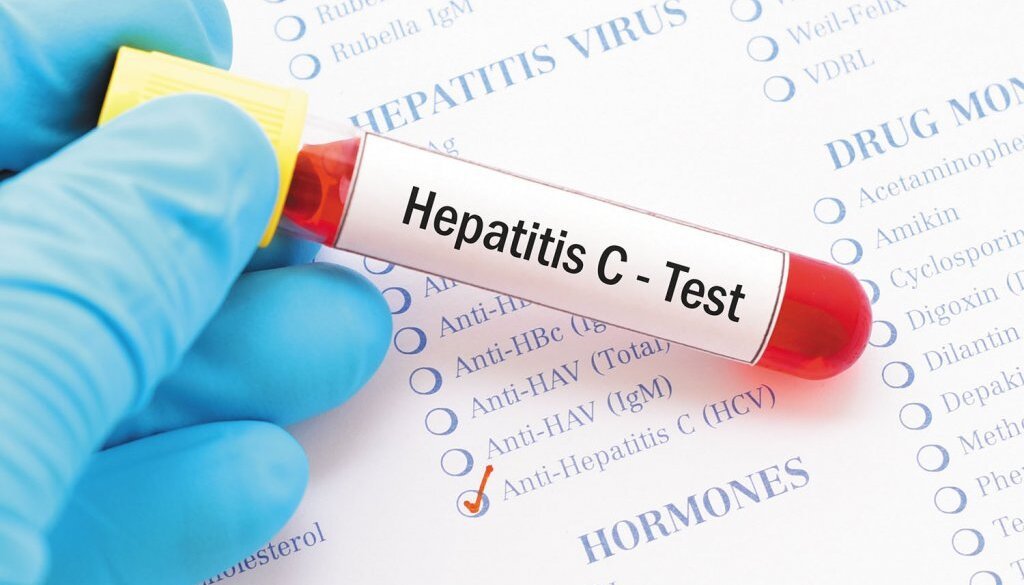Hepatitis C Infection
Hepatitic C Infection
Definition:
Hepatitis C infection is a virus. It is an ultramicroscopic infection agent that replicates itself only within cells of living hosts; many are pathogenic a piece of nucleic acid (DNA or RNA) wrapped in a thin coat of protein. Its scientific name is Hepacivirus. It is a form of viral hepatitis transmitted in infected blood, causing chronic liver disease. It is a disease that causes liver inflammation due to infection with the Hepatitis C virus. Hepatitis C is an aggravation of the liver due to a viral infection. The virus that genesis the infection is called the hepatitis C virus (HCV). A person contracts the hepatitis C virus by coming into contact with infectious fluids and secretions from someone else who is already infected with the hepatitis C virus.
Stages of Hepatitis:
The hepatitis C virus affects people in different ways and has infrequent stages:
- Incubation period. This is the time between first defenselessness to the start of the disease. It can last anywhere from 14 to 80 days, but the average is 45
- Acute hepatitis C. This is a short-term illness that lasts for the first 6 months after the virus breezes in your body. After that, some people who have it will get rid of, or clear, the virus on their own.
- Chronic hepatitis C. If your body doesn’t clear the virus on its own after 6 months, it becomes a long-term infection. This can lead to serious health problems like liver cancer or cirrhosis.
- This disease leads to inflammation that, over time, replaces your healthy liver cells with scar tissue. It usually takes about 20 to 30 years for this to happen, though it can be faster if you drink alcohol or have HIV.
- Liver cancer. Cirrhosis makes liver cancer more likely. Your doctor will make sure you get regular screenings because there are usually no symptoms in the early stages.
Symptoms:
Long-term infection with the hepatitis C virus is known as chronic hepatitis C. Chronic hepatitis C is usually a “silent” infection for many years, until the virus damages the liver abundant to cause the signs and symptoms of liver disease.
Signs and symptoms include:
- Bleeding easily
- Bruising easily
- Fatigue
- Poor appetite
- Yellow discoloration of the skin and eyes (jaundice)
- Dark-colored urine
- Itchy skin
- Fluid buildup in your abdomen (ascites)
- Swelling in your legs
- Weight loss
- Confusion, drowsiness and slurred speech (hepatic encephalopathy)
- Spiderlike blood vessels on your skin (spider angiomas)
- loss of appetite,
- Muscle and joint pains.
- nausea,
- abdominal pain,
Every chronic hepatitis C infection bows with an acute posture. Acute hepatitis C usually goes undiagnosed because it rarely causes symptoms. When signs and symptoms are present, they may include jaundice, along with fatigue, nausea, fever and muscle aches. Acute symptoms expose one to three months after susceptiveness to the virus and the last two weeks to three months.
Acute hepatitis C infection doesn’t always become chronic. Some people clear HCV from their bodies after the acute stage, an outcome known as unpremeditated viral clearance. In studies of people diagnosed with acute HCV, rates of spontaneous viral clearance have varied from 15% to 25%. Acute hepatitis C also responds well to antiviral therapy.
Prevention
Bulwark yourself from hepatitis C infection by taking the following circumspection:
Stop using illicit drugs, particularly if you inject them. If you use illicit drugs, seek help.
Be cautious about body gashing and tattooing. If you choose to undergo piercing or tattooing, look for a reputable shop. Ask questions beforehand about how the equipment is cleaned. Make sure the employees use sterile needles. If employees won’t answer your questions, look for another shop.
Practice safer sex. Don’t engage in unprotected sex with multiple partners or with any partner whose health status is uncertain. Sexual transmission between monogamous couples may occur, but the risk is low.
Read Another Blog on health: Useful Matresses For Pregnancy






